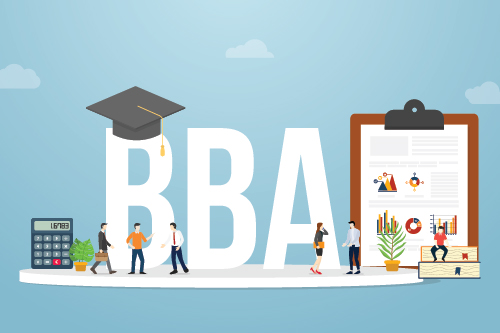Are you a young professional eager to climb the corporate ladder? Or a seasoned manager aiming to take on executive responsibilities? Every professional eventually reaches a turning point and starts contemplating their next big step. It is here that choosing the proper business education can shape your future. With multiple postgraduate courses available at your fingertips, how do you decide which is right for you?
Join us as we break down the nuances between the MBA and Executive MBA (EMBA) programs.
What is an Executive MBA (EMBA)?
An Executive MBA (EMBA) is tailored for mid-to-senior-level professionals with significant work experience. Unlike traditional MBA programs, EMBAs focus on strategic leadership and advanced business concepts that professionals can immediately apply to their work.
Who Should Choose an EMBA?
EMBAs cater to experienced professionals seeking to transition into executive roles. It is perfect for candidates who wish to advance their careers without pausing their jobs.
Flexible Schedules of EMBA
Designed for working professionals, EMBA programs, such as the one offered by SP Jain Global, typically offer weekend, evening, or modular classes with minimal disruption to their careers.
Leadership and Strategic Focus
The EMBA curriculum centres on leadership, strategic thinking, and high-level decision-making. This makes it ideal for candidates seeking leadership roles within the organisations.
What is an MBA?
A Master of Business Administration (MBA) is a postgraduate degree that equips students with foundational business knowledge and leadership skills.
Who Should Pursue a Traditional MBA?
The traditional MBA is usually apt for primarily early-career professionals and sometimes fresh graduates seeking to advance in their careers. It offers an in-depth understanding of business principles and prepares students for industry management roles.
Duration and Curriculum of a Traditional MBA
The typical MBA program spans two to three years. The MBA curriculum focuses on core business disciplines like finance, marketing, operations, human resources and more. MBA students often engage in case studies, internships, and projects that foster practical learning.
Learning Outcomes of a Traditional MBA
Postgraduates from MBA programs gain a well-rounded business acumen, enhanced problem-solving capabilities, and the leadership skills required to manage diverse teams effectively.
Difference Between an MBA and an Executive MBA: Which One Should You Choose?
Let’s explore the key differences between MBA and Executive MBA in more detail:
| Factors |
MBA |
Executive MBA |
| Eligibility |
Requires minimal work experience; many candidates join immediately after their undergraduate studies.
|
Targets professionals with at least 3–5 years of experience, often in managerial roles.
|
| Curriculum |
Covers foundational business concepts suitable for those entering the corporate world.
|
Focuses on advanced strategies, leadership, and industry-specific challenges.
|
| Format |
Full-time, part-time, or online programs.
|
Flexible formats, including weekend and evening classes, tailored for working professionals.
|
| Fees |
Fees can sometimes be more or less than an EMBA, depending on the business school and type of MBA program.
|
Fees can vary and may be higher or lower than an MBA, depending on the business school and the flexibility of working professionals.
|
Executive MBA vs MBA: Salary Comparison
One key consideration when choosing between an MBA and an EMBA is the potential salary difference. EMBA graduates, due to their advanced skills and professional experience, often command higher salaries than their MBA counterparts. The Executive MBA vs MBA salary gap reflects the program’s focus on leadership and strategic roles, enabling participants to secure senior positions with lucrative compensation packages.
Why SP Jain Global Executive MBA is a Great Choice
It stands out for several reasons:
- Australian Degree: Graduates earn an internationally recognised Australian degree, boosting their global job prospects.
- Global Recognition: The business school is highly ranked and recognised worldwide, adding credibility to your professional profile.
- Industry-Relevant Curriculum: The curriculum is designed in collaboration with industry leaders, ensuring you gain the most current and relevant knowledge. It focuses on leadership, innovation, and global business. It includes Mini-Projects at Work (MPAW), Multimedia Business Simulations, and Strategic Immersion Projects, allowing students to apply classroom lessons to their jobs.
- International Alumni Network: SP Jain Global provides access to a diverse and influential alumni network. This helps the students build valuable connections and explore mentorship opportunities.
- Executive Career Acceleration Pathway (ECAP): ECAP offers personalised career coaching, goal-setting exercises, CV sessions, workshops, and soft skill development to accelerate career growth.
- Flexible Learning: Focusing on working professionals, SP Jain Global’s EMBA offers a range of flexible learning formats to fit your schedule. The program provides both online and on-campus learning options (in Singapore/Dubai), catering to professionals globally.
- Engaged Learning Online (ELO): SP Jain Global’s ELO platform ensures an interactive online learning experience with flexibility and high-quality content.
- Specialisations Available: Students can choose specialisations in areas like Marketing, Finance, Operations, and Entrepreneurship to align with their career goals.
- Faculty Expertise: SP Jain Global’s faculty includes industry leaders and academics with advanced degrees from prestigious institutions like LSE, Sussex, and Cranfield, providing a mix of academic and practical knowledge.
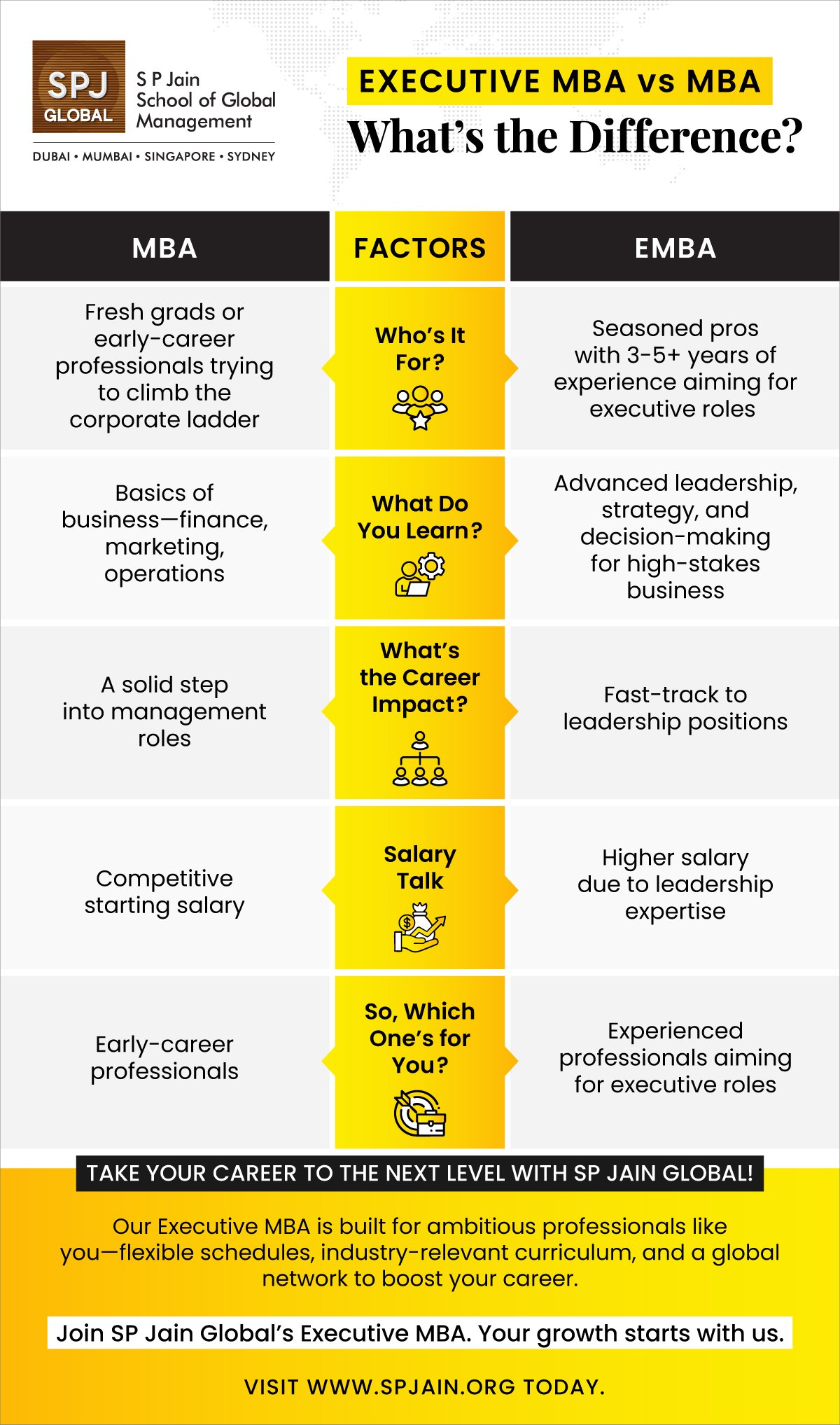
Wrapping It Up
Understanding the difference between MBA and Executive MBA is important when choosing the right program for your career goals. Unlock your leadership potential with SP Jain Global’s EMBA!
Hungry for more EMBA insights? Explore our other blogs below!
What is an Executive MBA and How It Can Help You Boost Your Career
How has SP Jain Global evolved their Executive MBA approach to meet the educational needs of the working professional?
Top 5 Benefits of Executive MBA
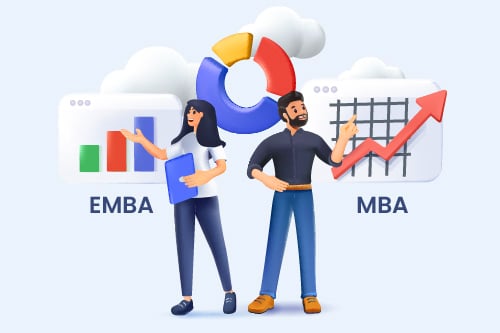


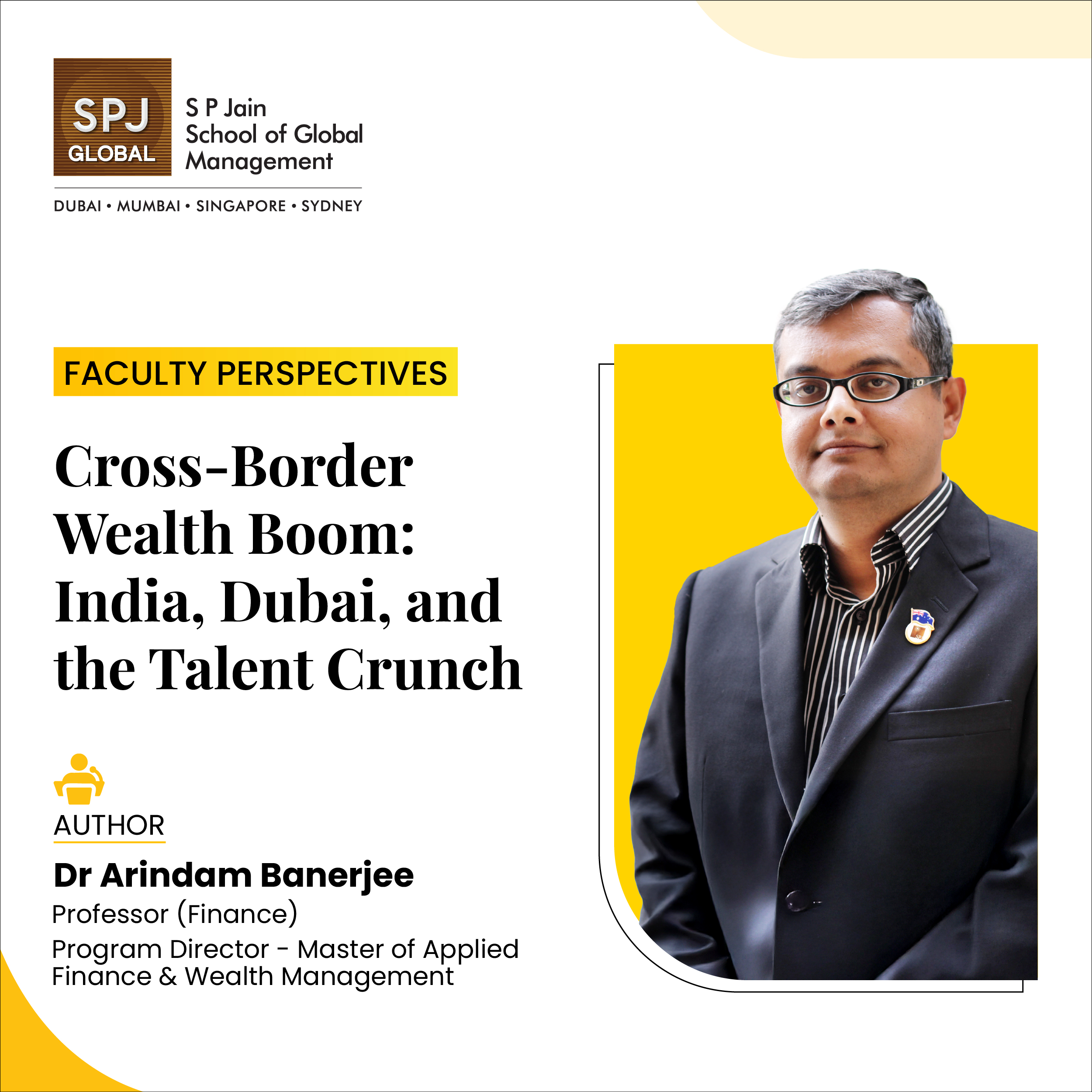

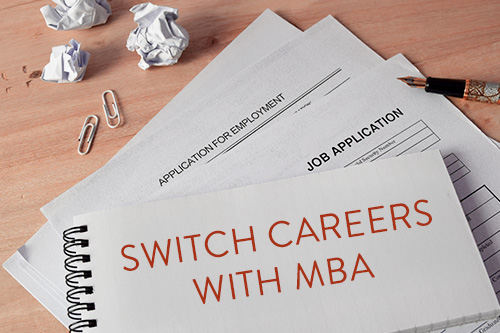

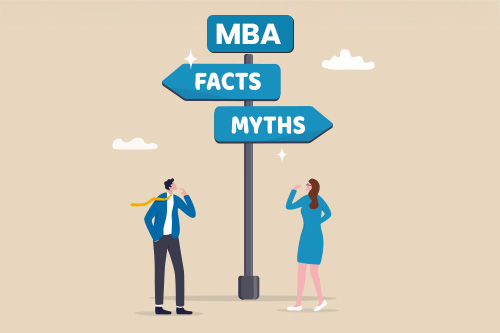


.jpeg)


